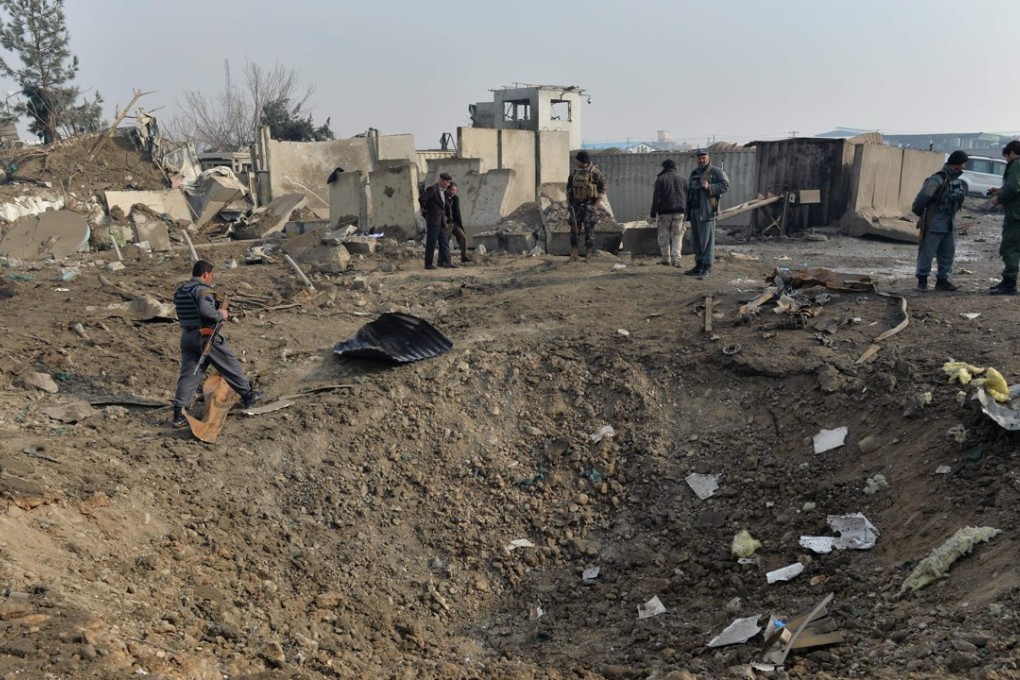Opinion | China and India can succeed in Afghanistan where US, Russia failed
- Against the backdrop of a volatile global order, the Indo-Chinese bonhomie in Afghanistan offers a lesson in constructive competition

Far from being stable, Afghanistan is yet to even see its many conflicts end. The fractured political, economic and social reality of Afghanistan that we witness today is, in fact, the creation of a fractured mandate for peace. Despite the sheer number of international peace processes that have been initiated in Afghanistan’s name, little has been achieved in terms of restoring peace, stability and order there. These processes have often paralleled each other, vying for significance lest peace is attained but not on their terms. This unfortunate trend continues to date.
The rival powers of the United States and Russia have once again made Afghanistan an arena of their power play. Today, both these countries have put in place their own mechanisms that do not necessarily speak to each other.
Whereas the eagerness of the US to exit from Afghanistan has it talking to the Taliban, bypassing the Afghan government, Russia’s dalliance with the militant group is not new. The Russians have come up with their own format for peace negotiations that once again sidelines Afghan concerns.
Consequently, there are two disparate attempts at peace that have left Afghanistan as precarious as it was before these processes began. In fact, some say the situation is even worse.
But in the midst of all this, an emerging bonhomie between China and India holds some promise. Agreeing to cooperate on Afghanistan, the Asian giants have combined their efforts in assisting this war-torn country to stand on its feet again. Can Asian cooperation prevail over international rivalries and save the day?
Realising its war is unwinnable, the US seems to be looking for ways to make an imminent exit from Afghanistan look honourable. It is in light of this realisation that it has pushed for yet another round of peace talks. However, this time, Washington has no pretensions about who is driving the process. The recent push for peace under a newly minted US Special Representative for Afghanistan Reconciliation, Zalmay Khalilzad, involves direct talks with the Taliban among other groups.
An Afghan-American diplomat, Khalilzad is no stranger to Afghanistan. He was US ambassador to the country between November 2003 and June 2005 and was witness to some of the lasting political developments there.
